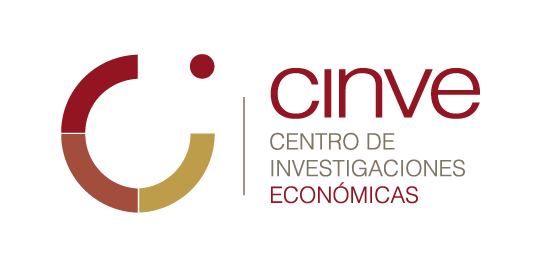Although in recent years there has been an increase in the amount and coverage of private institutions providing higher education in Uruguay, the offer is concentrated at the University of the Republic, the only state university. 88% of the university’s enrollment in the country is concentrated in it and presents the most diverse areas of knowledge. Estimates for 1998 show that public spending on tertiary education amounted to 0.5% of Gross Domestic Product (GDP) and private spending to 0.2% of GDP. As a result, it is possible to affirm that the proportion of public resources that Uruguay allocates to higher education is relatively low in comparative terms. The evolution of expenditure per student in the 1990s and the significant real loss of the university budget in 2002, determine that expenditure per student is currently within the lowest levels of the last decade. The university salary has shown a real deterioration in the last 15 years, even at a time when the average salaries of the economy showed growth.
The financing of the University of the Republic is highly dependent on the national budget, in turn with heterogeneity at the level of its different services, the University of the Republic obtains extra-budgetary financing from various sources (in 2000 it was estimated that it amounted to 9% of the total budget allocation). As of 2001, a specific tax on certain university professionals graduated from the public system is created as a source of complementary financing. By its conception, the system could be assimilated to the payment of a deferred registration. Through various programs, the University of the Republic finances research activities through competitive funds, which in 2000 represented 2% of the budget allocation. Private universities maintain tuition income as the main source of financing, which is estimated to represent more than 90% of their budget.
The educational credit of banking institutions for financing higher education has little use, and on the contrary the payment plans offered by the universities themselves predominate. Private universities have scholarship or subsidy systems that cover up to 80% of the tuition value and are awarded based on academic performance and socioeconomic status of the student’s home. The University of the Republic has a system of scholarships for financial support for
that qualify students from unfavorable socioeconomic contexts. These are financed from the collection of a tax on professionals of the University of the Republic and graduates of the tertiary public education system dedicated to training
professional. The almost 3,700 beneficiaries of the year 2004 receive a subsidy of 2 national minimum monthly salaries (about US $ 86 as of January 2004) for 10 months.
An estimate of the private return on investment in education, especially made for this work, resulted in an average return rate of 12% per year for a 4-year career. This estimate was made assuming that at the end of his career the professional accesses a job with a remuneration similar to the average of workers with a university education level.
